
Welcome to The India Fix by Shoaib Daniyal, a newsletter on Indian politics.
As always, if you’ve been sent this newsletter and like it, to get it in your inbox every week, sign up here (click on “follow”).
A horrific attack in Pahalgam, Kashmir, in which 26 people were killed, has left South Asia on edge as India has blamed Pakistan and its support for cross-border terrorism. Delhi has said that it would hold the Indus Waters Treaty “in abeyance” and Modi promised that India would soon “raze whatever is left of the terror haven”, a thinly-veiled reference to Pakistan.
To understand Delhi’s military options at this time, how the Modi government overstated its claims that “normalcy” has returned to Kashmir and the risky business of de-escalating conflict between two nuclear powers, I spoke to former military officer Sushant Singh, a lecturer at Yale University and one of India’s foremost security experts.
Do you think India can do another Balakot [striking across the border as it did in the wake of the Pulwama attack of 2019]?
It depends on what you mean by Balakot. The question is what did Balakot achieve? As this particular incident has shown, Balakot did not create deterrence which stopped militants or Pakistan from undertaking another terror attack in Kashmir. That’s one thing.
Secondly, Balakot, as I wrote in The Caravan, was not a military success. It was a political success because it happened just before elections, and it worked for them [the Bharatiya Janata Party]. Thirdly, Balakot did escalate up to a point. As you know, [Mike] Pompeo, who was [United States] Secretary of State at that time, in his memo mentioned the nuclear escalation between India and Pakistan.
So, I really don’t know what we mean by another Balakot. If the idea is that India would do a kinetic operation against Pakistan, yes, that possibility definitely exists, particularly going by the rhetoric we’re seeing from the government.
I want to go to your reporting on Balakot, especially your piece in The Caravan. You’ve taken a view which is at variance with much of the Indian mainstream media. You say Balakot was actually not a military success. Do you think that will inform what is happening now? Will it reduce India’s options?
Let me put it this way. The political leadership in India would want to do something that would assuage the heightened emotions of their supporters at least, if not the Indian people. They have already set a bar because of what they claim to have done in 2016 with the surgical strikes across the LoC [Line of Control] and then in 2019 with Balakot. Once you’ve done that, you can’t do anything lesser than that. If you claim that you achieved so much, then you need to do something bigger. That’s one big constraint.
The second constraint, of course, is the military failure of doing Balakot and the escalation that happened. Balakot is not just about what the Indian Air Force tried to do in Balakot; it’s also what happened thereafter – when [Indian Air Force pilot] Abhinandan [Varthaman] was captured, when the Indian MiG-21 was brought down, the threat of missile launches from both sides. That, too, is part of the Balakot episode.
The question isn’t what India can do, it’s how do you de-escalate from there. Anyone can order a ground-based missile, an airborne strike or a drone swarm attack. The point is, will Pakistan retaliate? Yes. After Pakistan retaliates, what do you do? Do you take it lying down? Do you say, “thank you, 1-1” and go back home? Or do you escalate further? How do you de-escalate?
The political leadership has to answer how it intends to prevent serious escalation between two nuclear weapon states and how to de-escalate after you have taken the first step. The military leadership must answer what their constraints are, whether they can honestly tell the political leadership that they are operating within limitations: shortage of soldiers, deployment at the China border, modern equipment shortages and so on. These two considerations – political of de-escalation and military – will come into play.
I want to go back to the horrific terrorist attack in Pahalgam. Do you think there was a security lapse there?
Definitely. There were two CRPF [Central Reserve Police Force] battalions until a year or two ago. One of them was moved out. Armed men fired for more than 20-30 minutes, and no security forces came. The family of one of the dead naval officers said no help came for 90 minutes and her husband died. Clearly, there was a security lapse.
There was also an intelligence failure. You have militants in the area, roaming around with weapons, clearly embedded in the area with local support. It’s not like the militant came that morning itself and suddenly did this. The intelligence failure is that you didn’t have any idea of all this happening.
Security failed on two levels. First, you left the place completely unguarded – probably believing that tourists wouldn’t like to see soldiers and that would belie claims of normalcy. There was also the belief that militants wouldn’t do anything to attack tourism, which is the lifeline of the Kashmiri economy – so therefore we can leave it unguarded. Second, the response during the attack was very poor. Unless you are buying your own Kool Aid of normalcy having returned, there was no reason to have no forces present in that spot.
There were three failures: intelligence, and two levels of security – before and during the incident.
Let’s dig a bit deeper on your Kool Aid point. What does this incident say about the Modi government’s claim that Kashmir is now normal and militancy has ended after the abrogation of Article 370 in 2019?
This incident shows that these claims are untrue. In fact, even earlier, incidents in Poonch and Rajouri already disproved that claim.
Let’s be clear: the violence isn’t at the level of the early ’90s or just after Kargil. But violence had already come down when Omar Abdullah was chief minister [2009-2015]. In 2011-2012, there were a lot of street protests, a lot of stone pelting, but militancy was already down.
Then PDP [People’s Democratic Party] formed the government with BJP [in 2016], and young Kashmiri men began joining the militancy. Violence was artificially suppressed, but the anger against the Indian state and the lack of political redress remains, creating fertile ground for militancy – even if you take Pakistan away from the equation.
One of the claims for abrogating Article 370 was better security, which you’re saying has not come through. Do you think India’s security apparatus is actually now weaker because local Kashmiri parties have been destroyed and Kashmir is now ruled directly from Delhi?
Absolutely. Remember, during demonetisation [in 2016], it was claimed that the terrorism’s back has been broken in Kashmir. The same was said after surgical strikes and after abrogating Article 370. In all cases, security has not improved.
We’ve lost even the limited support we had among Kashmiris. You could generate local intelligence, you had sympathisers. All that has been broken down by the kind of politics pursued in the rest of India and by Delhi in Kashmir: hardcore Hindutva politics, demonising Muslims and Kashmiris, TV debates running horribly anti-Kashmir content nightly. You can’t expect sympathy when you’ve done what was done after August 2019: shutting everything down, taking away the internet. It is a very oppressive environment in Kashmir.
Even tourism, though economically vital, has become a tool of humiliation and oppression.
Could you expand on that? What do you mean by tourism being a tool of humiliation?
Many tourists from the mainland, influenced by the current Islamophobic political climate, behave in obnoxious ways – sometimes unknowingly, sometimes knowingly – acting as if they sustain Kashmir. Even non-Kashmiri friends have observed this when they travel to Kashmir and have felt embarrassed.
The way tourism is conducted doesn’t foster healthy ties between Kashmir and the rest of India. It’s often perceived as an extension of the politics India has seen since 2014.
Let’s zoom out to geopolitical security. If India launches any kinetic operation now, what are Pakistan’s options?
It depends on whether India launches a covert or overt operation. A covert operation can be denied by Pakistan, and meanwhile India, using its godi media channels, can run a propaganda campaign. That’s easier – since there is no escalation.
If India does something visible that Pakistan cannot deny, Pakistan will have to retaliate. General Khalid Kidwai, a key figure in Pakistan’s nuclear policy, lays out a very clear line: QPQ+. If India does something, Pakistan will have to do quid pro quo plus. Something additional will have to be done when Pakistan retaliates. Because the Pakistan military can’t afford to lose face. If they acknowledge India’s action, they must retaliate.
Then the question becomes, what does India do? Retaliate again? Escalate? Step back? Does a third party – Americans, Saudis, UAE, China – intervene and say, “guys, this is enough”? Or do intelligence agencies start talking like after Balakot and find a way to de-escalate? The political leadership in India must think through this before taking any step.
You said the Pakistani army must retaliate. Last week, Pakistan Army chief Asim Munir gave a provocative speech saying Kashmir is Pakistan’s jugular vein. Do you think there’s any connection between that and what happened in Pahalgam?
It’s hard to say. Asim Munir is not the first to use such rhetoric. Ayub, Zia, Kayani – many have said similar things.This is a long-standing belief in a large section of the Pakistani military. There is nothing new in this.
Whether there’s a direct link between Munir’s speech and Pahalgam is hard to say. My sense, not based on any input, is that it was a soft target which was left unprotected. The attackers saw it as easy to hit and escape. Militants, unless they’re fidayeen, want to hit and get out. They don’t want to be caught up in a pitched battle. My gut feeling is that it doesn’t seem directly connected to Munir’s speech, but it’s hard to say for sure.
Your own writing has shown that Modi actually managed domestic perception really well after Balakot, no matter the military assessment. Do you think something similar will happen or do you think that there will be some hard questions asked of the security lapses in Pahalgam?
I don’t think that India’s corporate-owned media, the television channels, and newspapers, where a lot of our friends work, are going to ask any tough questions whatsoever of Mr Modi or Mr Shah. They didn’t ask those questions after Manipur.
They didn’t even ask those questions even when the then governor of Jammu and Kashmir, Satyapal Malik, went public about everything that happened in Pulwama during the suicide bombing of the CRPF convoy. Those questions were not asked then. I doubt that the people who call themselves journalists and editors have the courage or even the capability to ask those questions.
It will be incumbent upon some analysts, some commentators, and independent platforms like Scroll, Caravan, Wire, Newsminute, Newslaundry to ask those questions.
Yes, and I think that really leaves the country weaker as these incidents show. If you do not ask questions of the government, then the government performs worse.
Absolutely. I’ll say only one more thing before I end. Demanding accountability is extremely important if you want to fix things for the future. If you don’t demand accountability in a democratic setup, then you are sowing seeds for future disasters.
Follow the Scroll channel on WhatsApp for a curated selection of the news that matters throughout the day, and a round-up of major developments in India and around the world every evening. What you won’t get: Spam.

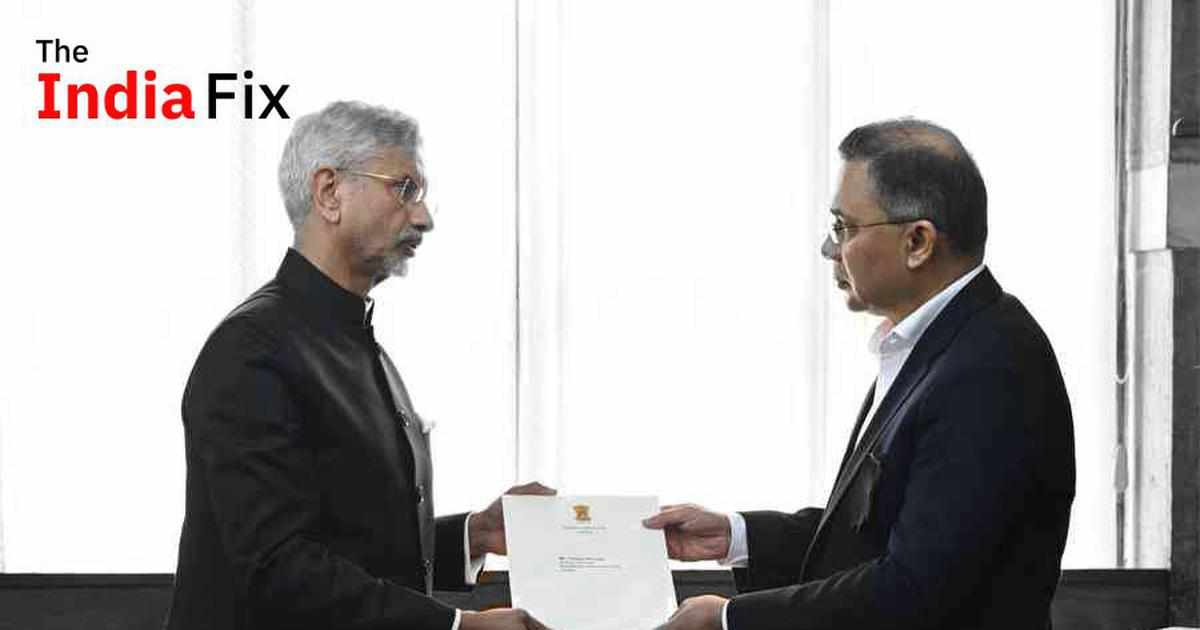

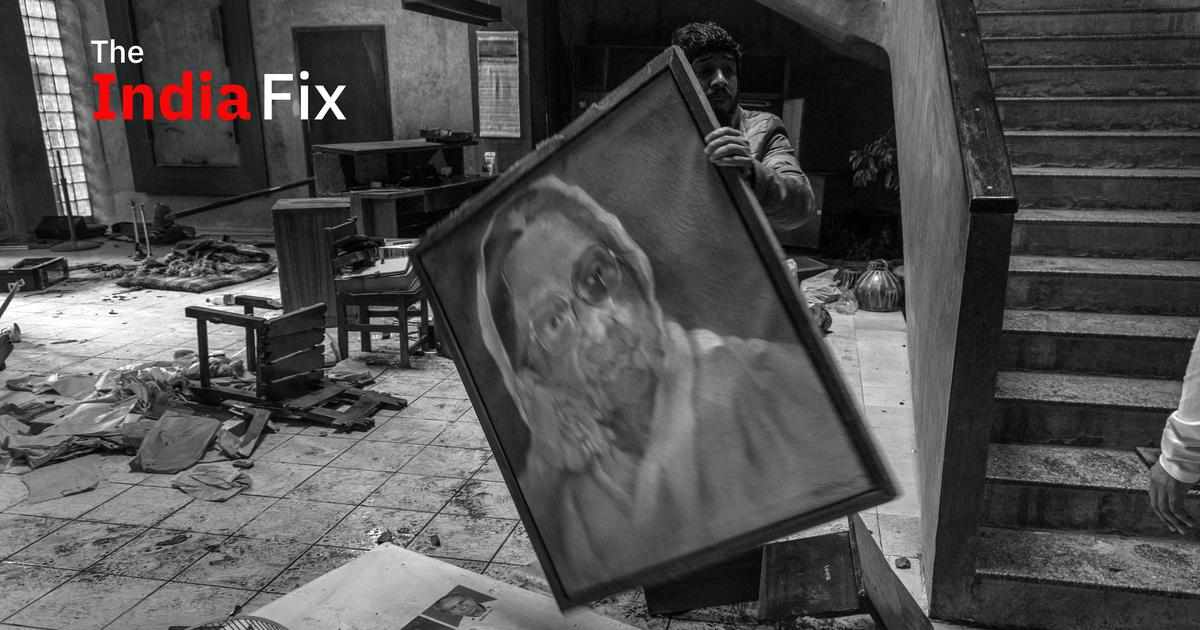
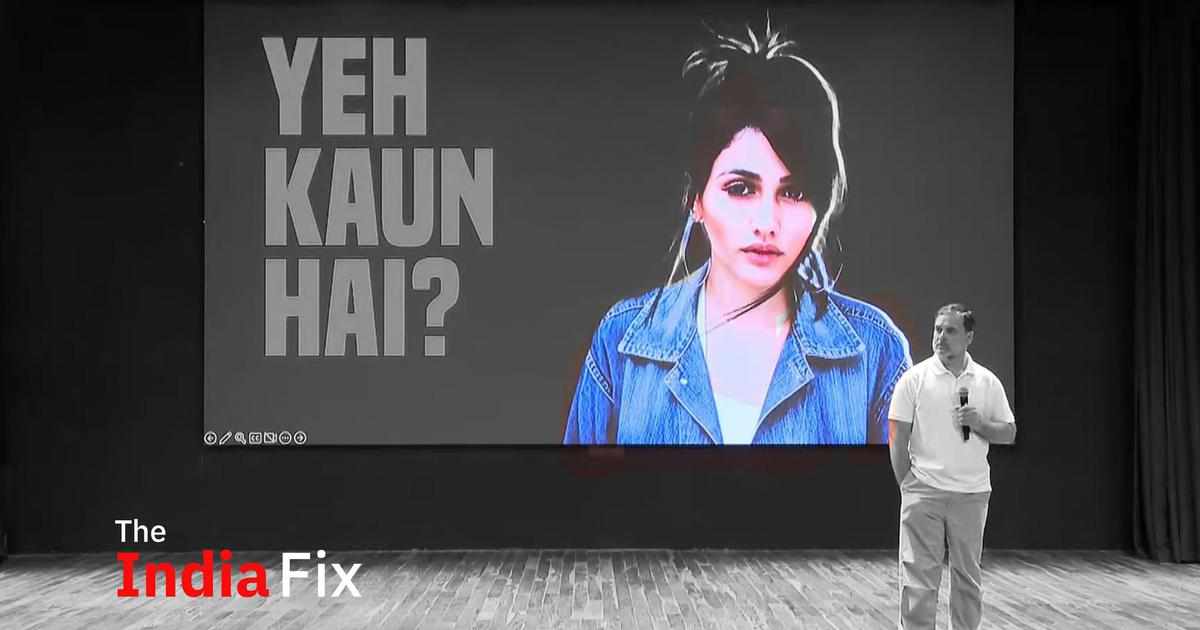
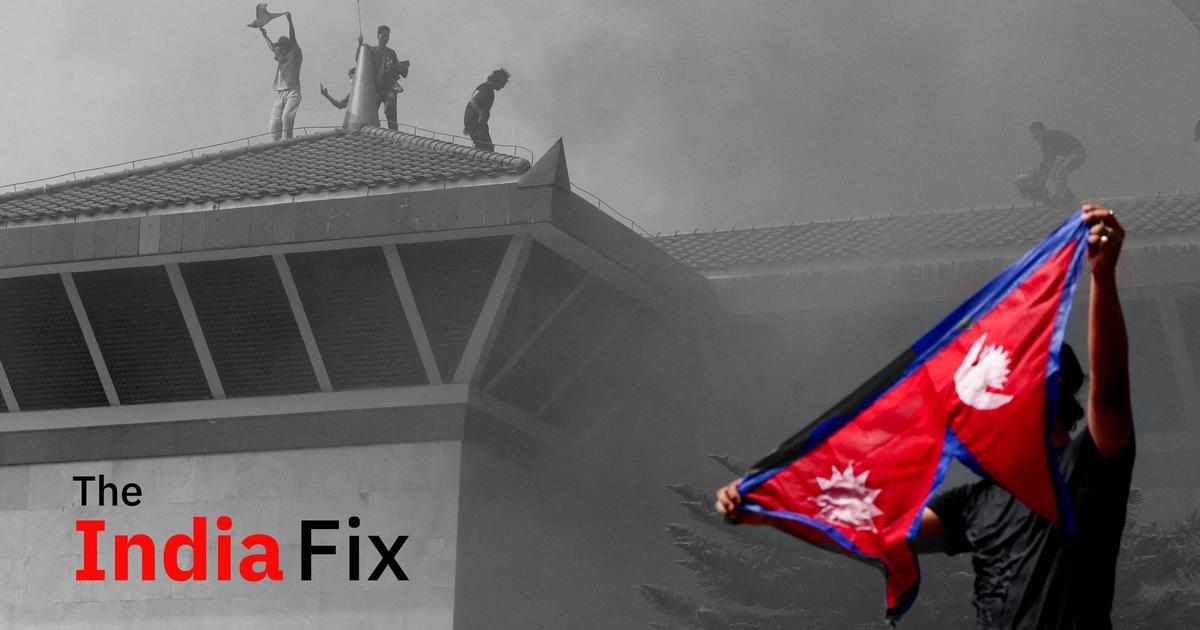
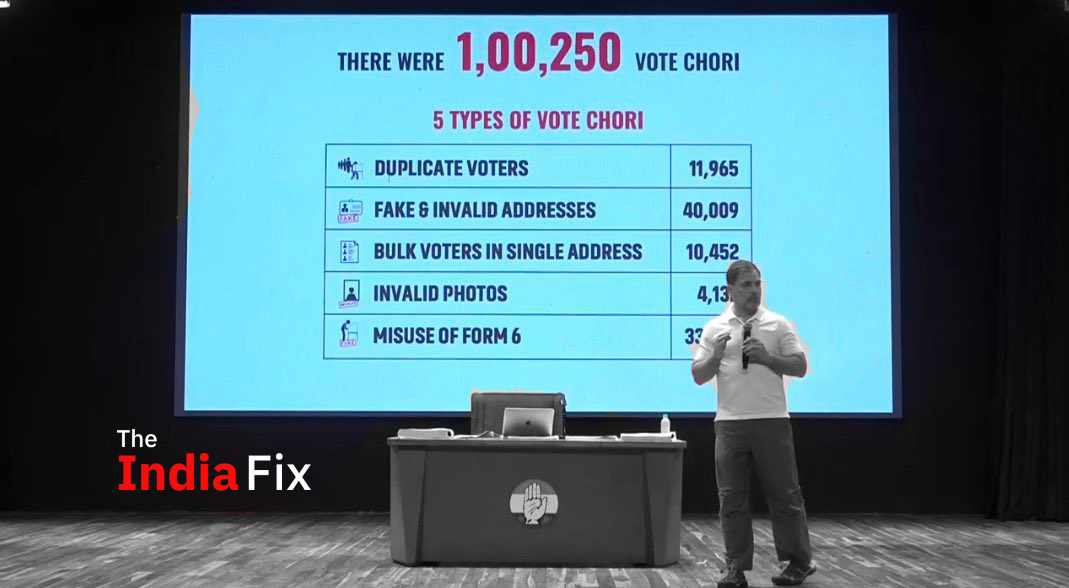














Write a comment ...